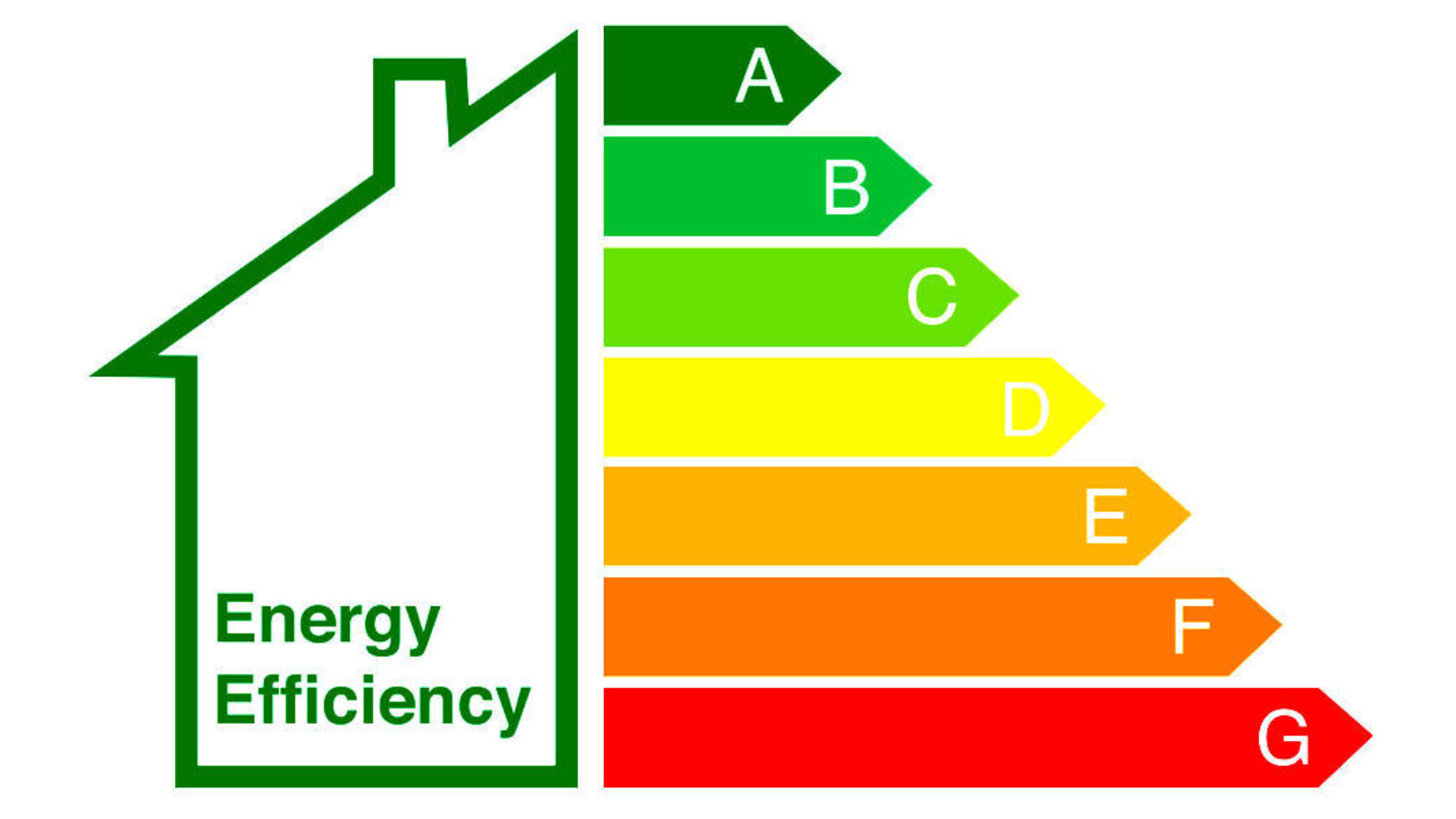The recent energy crisis has put a spotlight on the need for improving energy efficiency in British homes. In response, Labour has unveiled an ambitious energy efficiency plan to address this issue by investing £6.6 billion over the next parliament. This new funding will double the current planned government investment and aims to upgrade five million homes, with the aim of reducing energy bills for families across the country.
Labour’s Warm Homes Plan: Key Details
Labour’s Warm Homes Plan is designed to offer both grants and low-interest loans to support investments in energy-efficient improvements. This includes upgrades like insulation, solar panels, batteries, and low-carbon heating systems. The initiative will be rolled out in collaboration with combined authorities, local and devolved governments, and the private sector, including banks and building societies, to secure additional private financing. By doing so, the plan aims to accelerate home upgrades and ensure that rental properties meet new minimum energy efficiency standards by 2030.
Ed Miliband, Labour’s Energy Security and Net Zero Secretary, has announced that landlords will have until 2030 to achieve an Energy Performance Certificate (EPC) rating of ‘C’ for their rental properties. This target mirrors earlier Conservative proposals from 2021, which were abandoned last year by former Prime Minister Rishi Sunak.
What Landlords Should Know
The push for energy-efficient homes has gained momentum, highlighting the significant challenges landlords face, especially with older properties. Upgrading traditional, solid-brick homes to meet new energy efficiency standards can be a costly endeavour. To address these challenges, more information is needed on property assessments, potential exemptions, and available support or funding for landlords undertaking these improvements.
Need for Clear Regulations
Implementing new energy efficiency standards will require updated regulations. Landlords will need clear guidance to plan and execute the necessary upgrades effectively. It is essential for the government to provide a practical, long-term strategy, including targeted funding, tax incentives, and a balanced approach to managing the costs of these improvements.
The importance of integrating energy efficiency improvements within the broader context of the housing and cost-of-living crises cannot be overstated. While energy-efficient homes offer benefits such as reduced utility bills and increased marketability, the financial burden of making these upgrades can be particularly challenging for smaller landlords.
Funding and Cost Considerations
Previous proposals set a cap of £10,000 on spending for energy efficiency improvements. However, this cap may not be sufficient for landlords in less affluent areas compared to those in more expensive regions like London. Landlords need ample time to budget for and plan these upgrades, and they require detailed guidance from the government to manage the costs effectively.
As the 2030 deadline approaches, it is crucial for landlords to stay informed about evolving regulations Energy Efficiency Plan.
Read Labour’s plan
Join Ello and get 30 days membership for free.

